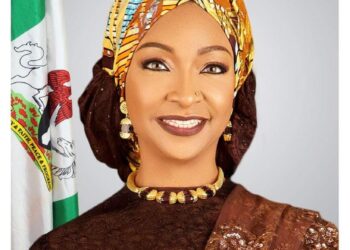The Federal Executive Council (FEC) Monday approved the revised National Policy on Employment, Minister of Labour and Employment, Mr Maigari Dingyadi, has said.
The minister said this while briefing State House correspondents at the end of the FEC meeting chaired by President Bola Ahmed Tinubu.
He said the updated framework was designed to reflect current economic realities and provide new strategies to address widespread unemployment and poverty across the country.
“This is a very important memo to the labour sector in general. The reviewed policy aims to create economic opportunities that promote productive employment for Nigerians.
“It aligns with our preparation for the upcoming International Labour Organization (ILO) meeting in Geneva, where we will proudly present our renewed employment framework,” he said.
He said the revised employment policy was developed after extensive consultations and would now be sent to key stakeholders for implementation.
The council also approves a groundbreaking initiative to monetise Nigeria’s tangible and intangible cultural and tourism assets.
Minister of Art, Culture, Tourism and the Creative Economy, Ms Hannatu Musawa, said the initiative would be driven in collaboration with the Ministry of Finance Incorporated (MOFI).
“This is the first time in Nigeria’s history that we have a standalone ministry to fully unlock the economic potential of the creative and tourism sectors.
“We are blessed with rich assets — from museum collections and monuments to indigenous languages, culinary heritage like Ijebu garri, textiles like Adire, and cultural landmarks like Ikogosi and Obudu.
“The approved memo outlines a four-stage strategy to identify, evaluate, and monetize assets under the ministry’s portfolio through securitization, with the goal of turning cultural identity and creativity into viable revenue streams,” she said.
The minister explained that the ministry has set a bold target to contribute $100 billion to Nigeria’s GDP by 2030, with a plan to create 2 million jobs by 2027 in the creative and tourism industries.
“This is not just an economic initiative — it’s about national pride. It’s about putting value on what we already have — our history, our talent, our heritage — and creating wealth for our communities without additional strain on the national budget,” she said.

